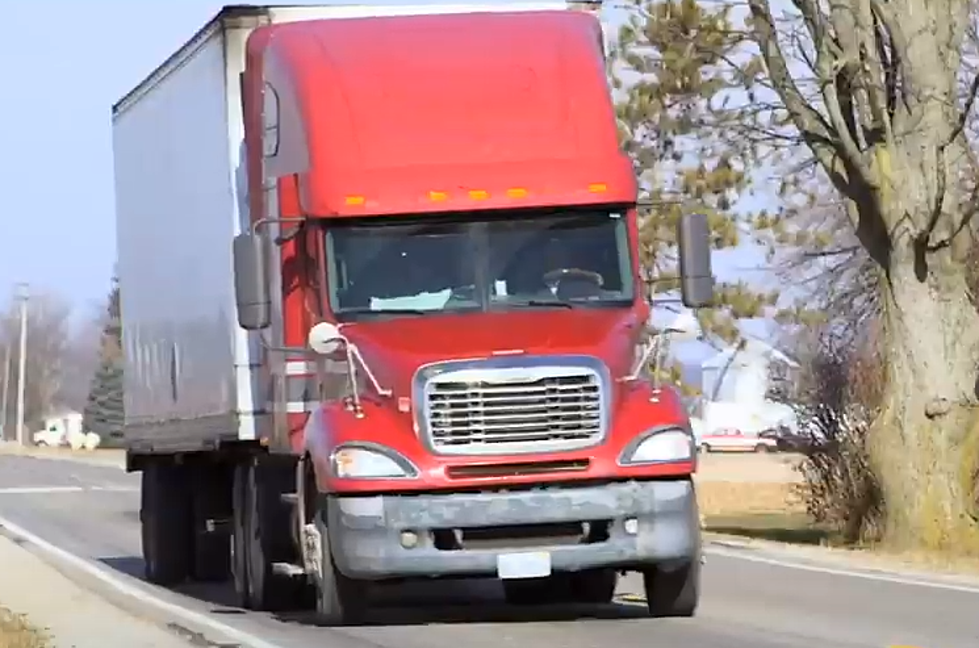
Seasonal “Frost Laws” in Michigan – Here’s a Closer Look at What it’s All About
In February, we start to hear about counties in Michigan putting seasonal weight restrictions into place for certain roadways. They are also sometimes called "frost laws" and are usually in effect for periods of time between February and May.
Truck drivers and people who work on county road commissions know very much what it's all about. If you're like me, you probably have a general idea about them. It helps protect roads and is related to the transition from winter to spring weather. But perhaps you've wondered what more of the specifics are to the reasons behind these seasonal weight restrictions.

The County Road Association of Michigan (CRA) put together a fairly simple explanation to this effort.
While roads are concrete and asphalt and look indestructible, they can actually be quite fragile in late winter as frost comes out of the ground. Even strong late-winter sunlight on the dark paved surface has a significant impact on a road.
As frost melts beneath a paved road, the roadbed turns wet and spongy because water is trapped between the pavement and the remaining ice layer beneath. When trucks and heavy equipment travel over a layer of concrete or asphalt that isn’t well supported beneath, lots of permanent cracks can occur.
Another term we hear when these restrictions are applied is "state trunkline roads". Again, a common term for those who are affected by these laws, but a lesser known term for the common traveler. State routes considered trunklines typically carry the "M", "I", or "U.S." designations (such as M-43, I-94 and U.S. 131). But there are some exceptions. By law, road agencies can enact weight restrictions on any roads not designed as “all season” roads. All season roads are much thicker and designed to allow trucking year around.
Seasonal weight restrictions lower axle-loading limits and reduce maximum travel speeds for certain vehicles. When county road commissions decide to enact the "frost laws", they try their best to strike a balance between normal business for the truckers and protecting Michigan roads. The CRA says most of them employ licensed Professional Engineers to make these decisions. Most of them usually consult neighboring road agencies, as well.
Here is a video explaining further what it all means
50 of Michigan's "Must-Drive" Roads
More From WKFR









